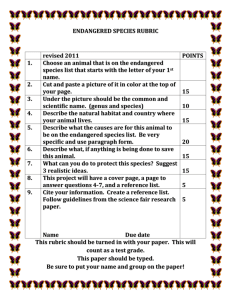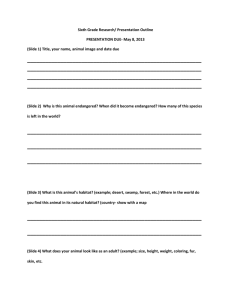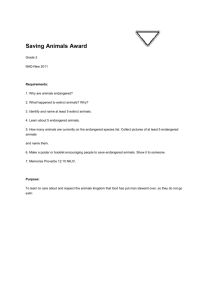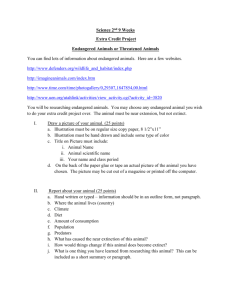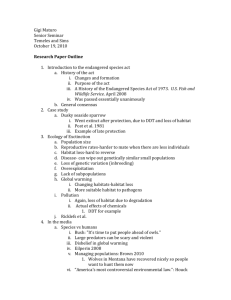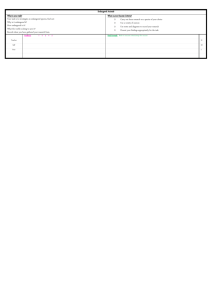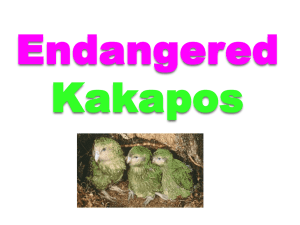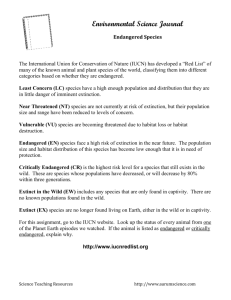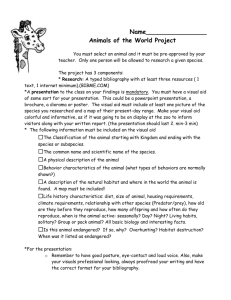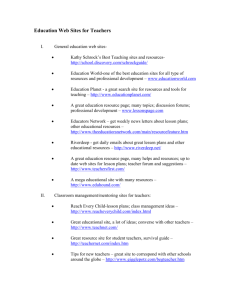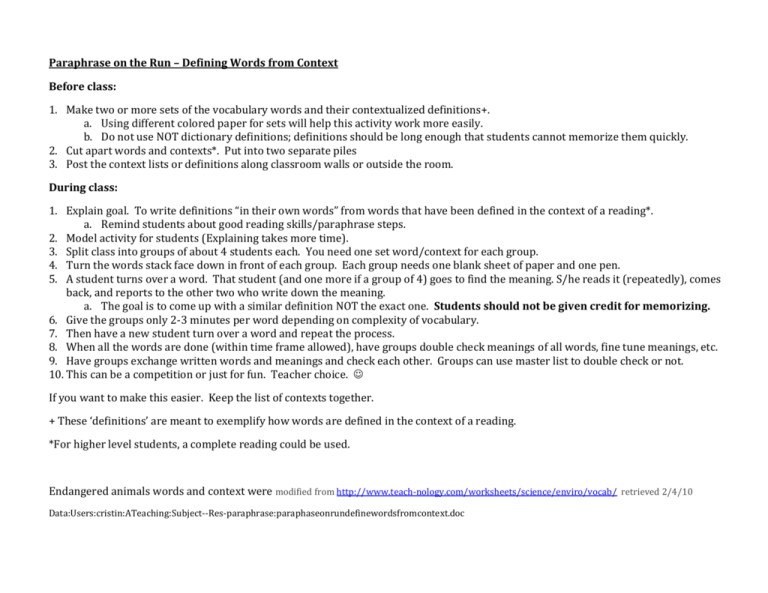
Paraphrase on the Run – Defining Words from Context
Before class:
1. Make two or more sets of the vocabulary words and their contextualized definitions+.
a. Using different colored paper for sets will help this activity work more easily.
b. Do not use NOT dictionary definitions; definitions should be long enough that students cannot memorize them quickly.
2. Cut apart words and contexts*. Put into two separate piles
3. Post the context lists or definitions along classroom walls or outside the room.
During class:
1. Explain goal. To write definitions “in their own words” from words that have been defined in the context of a reading*.
a. Remind students about good reading skills/paraphrase steps.
2. Model activity for students (Explaining takes more time).
3. Split class into groups of about 4 students each. You need one set word/context for each group.
4. Turn the words stack face down in front of each group. Each group needs one blank sheet of paper and one pen.
5. A student turns over a word. That student (and one more if a group of 4) goes to find the meaning. S/he reads it (repeatedly), comes
back, and reports to the other two who write down the meaning.
a. The goal is to come up with a similar definition NOT the exact one. Students should not be given credit for memorizing.
6. Give the groups only 2-3 minutes per word depending on complexity of vocabulary.
7. Then have a new student turn over a word and repeat the process.
8. When all the words are done (within time frame allowed), have groups double check meanings of all words, fine tune meanings, etc.
9. Have groups exchange written words and meanings and check each other. Groups can use master list to double check or not.
10. This can be a competition or just for fun. Teacher choice.
If you want to make this easier. Keep the list of contexts together.
+ These ‘definitions’ are meant to exemplify how words are defined in the context of a reading.
*For higher level students, a complete reading could be used.
Endangered animals words and context were modified from http://www.teach-nology.com/worksheets/science/enviro/vocab/ retrieved 2/4/10
Data:Users:cristin:ATeaching:Subject--Res-paraphrase:paraphaseonrundefinewordsfromcontext.doc
Reproducible for classroom use only Cristin Boyd 2010
endangered
species
evolution
extinct
greenhouse
effect
habitat
Many species are endangered such as the Brown Owl,
and the Red Tiger spider. An Endangered species is
a type of animal that is dying. Pandas in China
are endangered. There are not many left, so zoos
are trying to raise them to help increase the
numbers of pandas.
Evolution is a process. It means that things
change and sometimes improve/get better. Charles
Darwin thought that evolution occurred when
stronger better animals lived and other weaker
animals died. Some people do not believe in
evolution; they believe in creation.
Extinct means that a type of animal dies. All of
this kind of animal dies. There are many types of
animals that do not exist anymore because they are
now extinct.
The greenhouse effect means the earth is getting warmer. Heat from the
sun is trapped close to the earth and it makes the earth warmer. Many
people think this is caused by too many cars and factories.
A habitat is a place or location where an animal
lives. A frog's habitat is a pond or lake.
whale's habitat is an ocean.
insecticide
atmosphere
ozone layer
poacher
pollution
A
An insecticide is a chemical to kill bugs. Many
people have bug spray in their homes or use them in
the garden. These sprays are pesticides.
Atmosphere is made up of lots of gases (oxygen, carbon,
etc.) that surround the earth. The air or climate in a specific place.
The Ozone layer is a layer of gasses that surrounds
the Earth and protects us from the heat of the sun.
The ozone layer is getting thinner due to our use
of fossil fuels (gas and oil). Some hair sprays and
other chemicals destroy the ozone layer also.
A poacher is a person who illegally hunts on another person's
property. Some poachers kill animals in parks and on land where
endangered species live. Poaching is against the law.
Pollution can happen in air, water, soil, etc. It
is the dirt and chemicals that make air and water
dirty. Chemicals used in factories are sometimes
dumped into rivers. This causes water pollution.
smog
Smog is often seen in the air in cities. It is caused when sunlight,
fog, and air polluted by cars and factories mix together in the air.
When we see a dirty brown cloud over a city, that is smog.
conservation
Conservation means preserving and protecting the earth, water or
other resources from loss, destruction, or waste. Many people
want to conserve water by saving rain water in large containers.
Other people conserve water by taking short showers. Conservation
is the habit or practice of saving or protecting something.
Powered by: The Web Portal For Educators (www.teach-nology.com)
© Teachnology, Inc. All rights reserved.
This list of terms was modified from http://www.teach-nology.com/worksheets/science/enviro/vocab/
2/4/10

